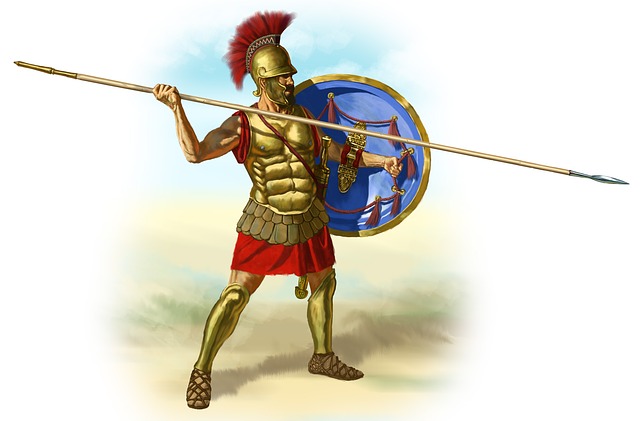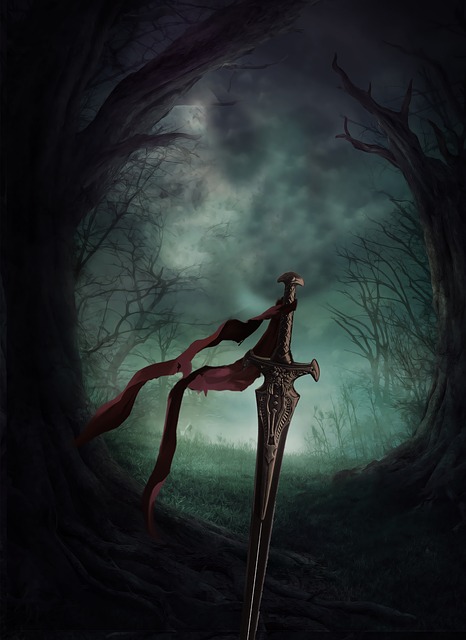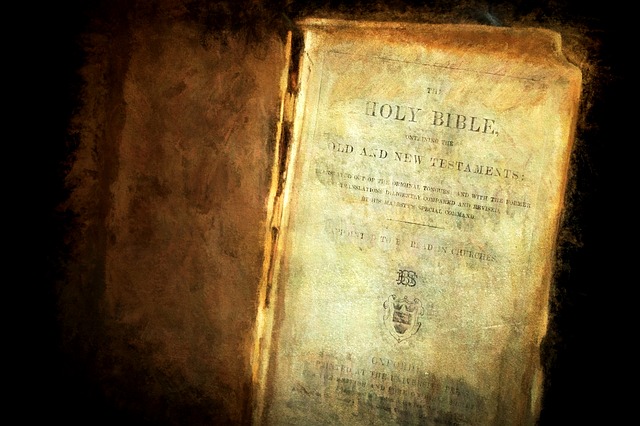 Shalom
Shalom
“But He was pierced for our transgressions; He was crushed for our iniquities; the punishment that brought us peace (shalom) was on Him, and by His wounds we are healed.” – Isaiah 53:5
Shalom. Health, security, tranquility. A satisfied condition, an unconcerned state of peacefulness. A sense of well being. A harmonious state of soul and mind, both externally and internally. Completeness, harmony, and fulfillment. The word translated peace in the above verse is literally shalom. This is what the punishment of Jesus brings us. That is what He has purchased in His death.
Eirene
“Glory to God in the highest, and on earth peace (eirene) among those with whom He is pleased.” – Luke 2:14
Eirene. The absence or end of strife. A state of untroubled, undisturbed, well-being. When the heavenly host sang at the birth of Christ, this is what they promised. With the birth of Christ, the relationship between God and man was forever changed. The separation and enmity between God and man that sin had caused could be removed because of the Grace and Mercy of God in sending His Son. But reconciliation would come at a price.
“Lord, now you are letting your servant depart in peace (eirene), according to your word…Behold, this child is appointed for the fall and rising of many in Israel, and for a sign that is opposed (and a sword will pierce through your own soul), so that thoughts from many hearts may be revealed.” – Luke 2:29, 34b-35.
Mary “Pierced”
When Joseph and Mary presented Jesus at the temple, Simeon held the Christ child in his arms. Inspired by the Holy Spirit he blessed Jesus. Having seen God’s salvation, Simeon could now die in peace. For Mary, however, there would be pain. Men’s eternal destiny would be decided by their attitude and relationship with Jesus. They would “rise” or “fall” accordingly. The salvation Jesus would offer would cost Him His life and Mary’s soul would be pierced. As she held her newborn baby in her arms, how much did she comprehend the words of Simeon or the prophesy of Isaiah? Simeon’s peace would come at a price for Mary. In the providence of God, piercing and peace are intertwined.
How was Mary’s soul pierced? By the fulfillment of prophesy. Parental love is the strongest natural emotion. Try to read these passages through the eyes of Mary. This is for identification, not veneration.
Jesus Pierced
“Then Pilate took Jesus and flogged him. And the soldiers twisted together a crown of thorns and put it on His head and arrayed Him in a purple robe. They came up to Him, saying, ‘Hail, King of the Jews!’ and struck Him with their hands…So he delivered Him over to be crucified. So they took Jesus, and He went out bearing His own cross, to the place called the place of the Skull…When the soldiers had crucified Jesus, they took His garments and divided them into four parts…But standing by the cross of Jesus were His mother…Jesus, knowing that all was now finished, said, ‘I thirst’…When Jesus had received the sour wine, He said, ‘It is finished’, and He bowed His head and gave up His spirit…When they came to Jesus they saw that He was already dead, they did not break His legs. But one of the soldiers pierced His side with a spear, and at once there came out blood and water…These things took place that the Scripture might be fulfilled: ‘Not one of His bones will be broken.’ And again another scriptures says, ‘They will look on Him whom they have pierced.'”
“His appearance was so marred, beyond human semblance, and His form beyond that of the children of mankind.” – Is. 52:14
The same Mary who carried the baby Jesus in her arms to the Temple now holds her dead son at the foot of the cross. As her tears mingle with His blood the words of Simeon come back to her, “A sword will pierce through your own soul.” Though marred beyond human semblance, her Son is more beautiful than ever. As her hand caresses the welted body she feels the wound in His side where He was pierced. He was pierced for you. He was pierced for her. Though pierced, Mary’s soul can have access to Heaven because of the Cross. Because her Son was pierced, she can have peace with the Father. And so can we. Like Simeon, we can die in peace; a state of untroubled, undisturbed, well being. Because Jesus was pierced, we can say, “It is well with my soul.” “Look on Him whom they have pierced.”
“Peace I leave with you; My peace I give you.” – John 14:21
“Behold, His is coming with the clouds, and every eye will see Him, even those who pierced Him, and all tribes of the earth will wail on account of Him. Even so. Amen.” – Revelation 1:7
Shalom!


 Jesus’ Fishermen
Jesus’ Fishermen


